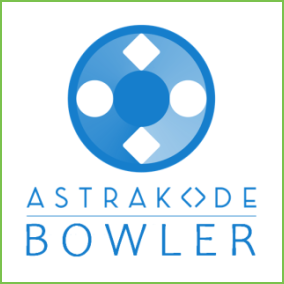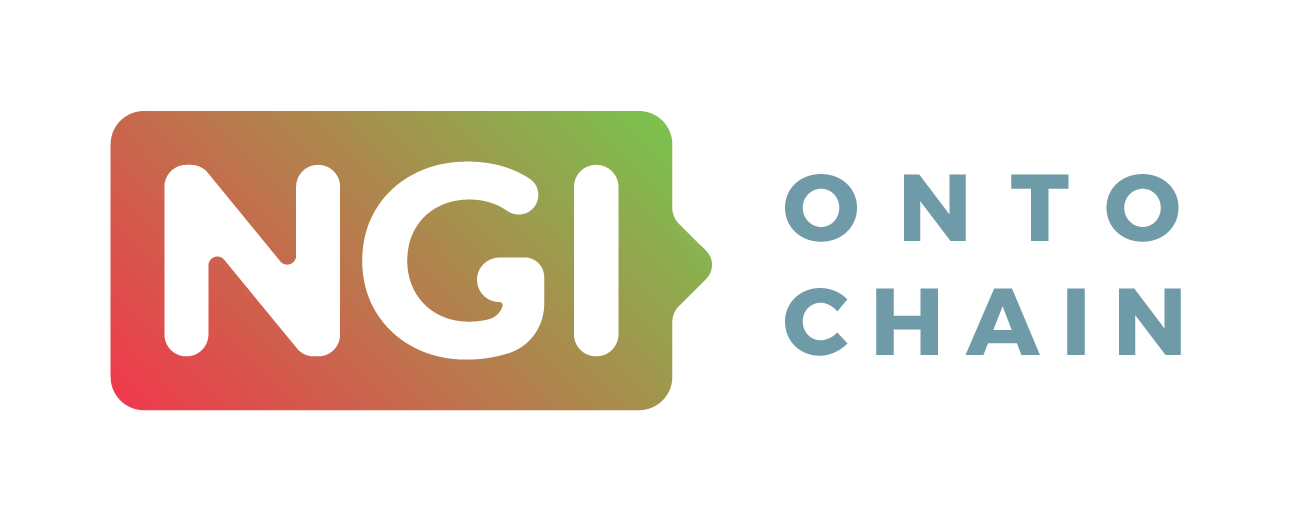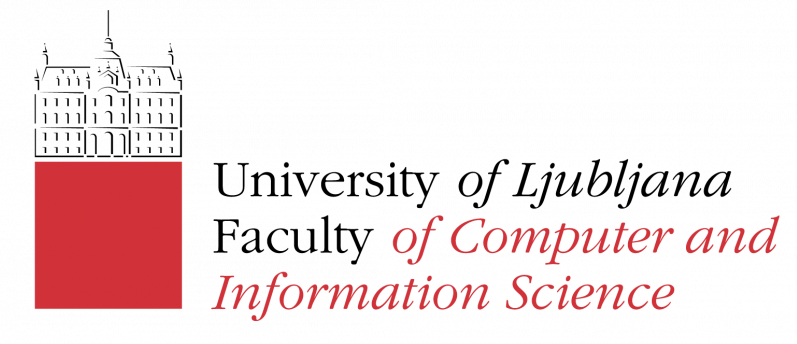
ABOUT THE PROJECT
BOWLER: Blockchain-Oriented Warehouse & Low-Code Engine and Reasoner
The ultimate objective of the BOWLER proposal is an implementation of an innovative, low-code, end-to-end, web-enabled, integrated development environment (Web-IDE). BOWLER will enable application programmers who are not well-versed in blockchain technology (and smart contract) to model smart-contract enabled applications, whilst BOWLER could be used for code generation and possibly assists in testing, and quick deployment and delivery to the clients. BOWLER's platform technology will bolster the low-code backbone for developing smart contracts and dApps that leverage trustworthy service exchange processes - notably NFTs on distributed marketplaces - with better safeguarded and trustworthy content handling.
This project proposal aims at leveraging ONTOCHAIN Objective 2 "Market mechanisms", and Objective 5 "Semantic based marketplaces", while also explaining the reasons we have positioned our proposed solution as cross-cutting, and orthogonal to other topics. BOWLER will -in first instance- be tailored to support setting up decentralized marketplaces (including their underpinning mechanisms) and non-fungible token (NFT) dApps, which in fact may also be traded at these marketplaces, providing the ONTOCHAIN consortium a unique IDE instrument to quickly reap the benefits of those novel innovations and product ideas, that rely on smart-contract driven apps in general, and NFTs more in particular. In this way, the BOWLER provides cutting-edge tech with direct value to the consortium, allowing organizations to become early adopters in this fast-moving space whilst empowering more (less blockchain savvy) enterprise developers, and the wider community at large.
Motivation for the project:
The proposed graphical low-code integrated NFT dApp development environment focuses on security, trustworthiness, maintainability and simplified deployment of the generated NFT dApps or, more widely, smart-contract code. The platform would provide a uniform development environment for all partners.
Generic use case description:
NFT Ticketing. Low-code development environment for NFTs (e.g., in decentralized marketplaces) is the key element to enrich the ONTOCHAIN framework and the first use case we are going to focus on.
Essential functionalities:
a) Low-code IDE for ONTOCHAIN smart-contracts development: (web-based) visual development environment accessible in SaaS.
b) NFTs/smart contracts use case blueprints.
How these functionalities can be integrated within the software ecosystem:
The IDE will be accessible in SaaS (via the AstraKode Blockchain platform). The ontological metamodel ONTOCHAIN profile, use case blueprints, and Solidity code generation "cassette" will be delivered as open source.
Generated source code be natively compatible with the ONTOCHAIN ecosystem.
Gap being addressed:
We aim to facilitate smart-contract development and deployment to make them more accessible and less costly.
Expected benefits achieved with the novel technology building blocks:
a) Low-code, easier and more accessible development of NFTs and smart-contracts.
b) Increased interoperability by design.
c) Reuse of models/use cases through blueprints.
Potential demonstration scenario:
This project will deliver a model-driven platform in support of blockchain-enabled data marketplaces and NFTs. A demonstration scenario will be modelling a specific NTF, generate the source code and mint it on blockchain.
PROJECT OUTCOMES
The ultimate objective of the BOWLER proposal is an implementation of an innovative, low-code, end-to-end, web-enabled, integrated development environment (Web-IDE). BOWLER will enable application programmers who are not well-versed in blockchain technology (and smart contract) to model smart-contract enabled applications, whilst BOWLER takes care of code generated, assists in testing, and quick deployment and delivery to the clients.
Demo:
Repositories:
GitHub: https://github.com/ONT-BOWLER
More details:
Customer engagement
Next to approaching potential target customers directly, our intention is to leverage our freemium business model for the ONTOCHAIN community. In the first instance we will concentrate on the OC-3 users.
Scenario
One of the scenarios supported is the creation of a set of contracts useful for managing an NFT marketplace.
In particular, these contracts has been tested in a project focused on the creation of digital twin for access tickets to music festivals. The development of the project included a marketplace for issuing and selling NFT tickets (issued on Polygon blockchain), with the ability to regulate both the resale and eventual automatic redemption of the tickets following an oracle call, in order to control a critical threshold of people infected with Covid-19 in the area of the event's performance. The NFT ticket was also integrated via QR code with the event access system so that it could serve as an effective access token (replacing the traditional paper ticket). The project was demoed at the PaasPop festival (Schijndel, the Netherlands), a 3-day event with about 40,000 participants for each day of the event.
Semantic content and content transfer
BOWLER is instrumented with semantically enriched SOLIDITY modelling facilities that will enable reasoning about models, reuse of pre-existing dApps/smart contracts (as blueprints), and improved search facilities.
The semantic engine needs extensions in various directions. Firstly we wish to extend the BOWLER ontology so that it is capable of dealing with the full range of smart contracts; semantic reasoning (including blueprint composition and decomposition) is planned to further benefit from the semantic annotation approach implemented in the current version of the BOWLER, and lastly, we wish to offer the BOWLER ontology, and variants/versions, as NFTs/smart contracts on a template marketplace where users and other stakeholders can contribute and monetize their work and by that greatly expand the value offered by the platform.
Ownership
AstraKode and D-Visor
TEAM
Fabiano Izzo (AstraKode - CEO)
Passionate IT expert and entrepreneur, specialized in web technologies and model-driven approaches to software development.
Back-end specialist with expensive experience in the enterprise software field, and in-depth expertise on private and public blockchains.
Damiano D’Amici (AstraKode – Head of Product)
Multidisciplinary expert with extensive knowledge of low-code (model-driven) approaches and private blockchain logic and infrastructure.
Co-founder, co-director and CEO of D-Visor, with a background in sales and marketing in the pharmaceutical field, (IT-driven) event management, business liaison and business development.
Willem-Jan van den Heuvel (D-Visor - CTO)
Author, visionary, and full professor in Data Engineering whose R&D interests reside at the cross-junction of data-intensive software service systems, semantic interoperability and brokering, and blockchain-based applications.
Damian A. Tamburri (D-Visor – Technical Lead)
Associate Professor and researcher in the field of DevOps, DataOps and highly federated (Blockchain) architecture, with a vast track-record in publication for influencing industrial standards such as TOSCA.
ENTITIES
AstraKode was founded with the aim to facilitate innovative enterprise blockchain solutions development through low-code. The company's opening product is AstraKode Blockchain (AKB), a PaaS solution for blockchain network and smart contract development/testing/deployment.
D-Visor is a Dutch applied R&D security tech SME that focuses on developing, offering and supporting innovative AI-driven solutions.









 This project has received funding from the European Union’s Horizon 2020 research and innovation programme under grant agreement No 957338
This project has received funding from the European Union’s Horizon 2020 research and innovation programme under grant agreement No 957338




